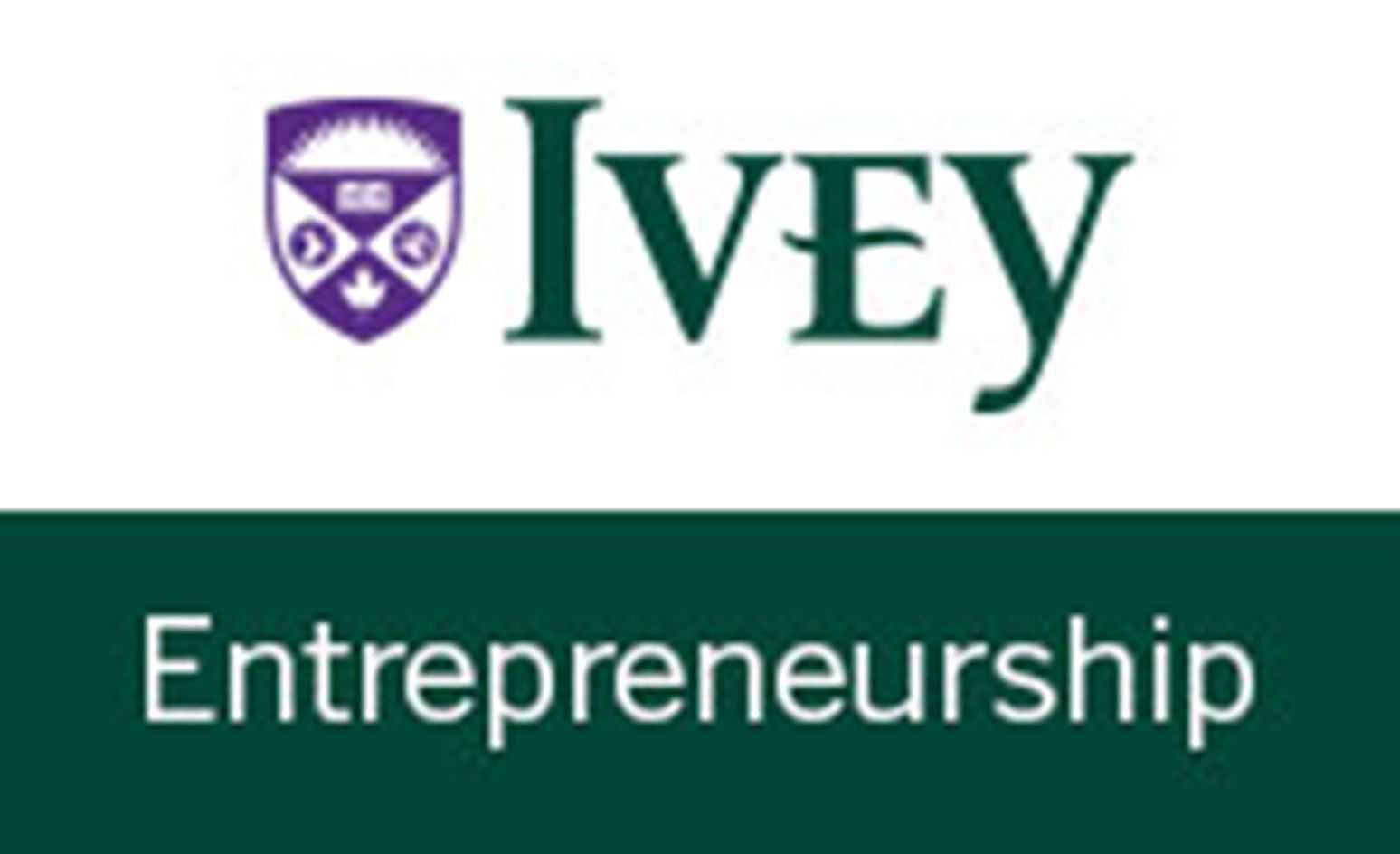The Entrepreneurship Cross-Enterprise Leadership Centre (ECELC) will be hosting a series of research seminars with Entrepreneurship faculty from institutions across North America. For more information on visit schedules and paper sessions, contact the centre at iveyentre@ivey.ca
- September 12, 2016
Robert Garrett Jr. | University of Louisville
The Interdependence of Planning and Learning Among Internal Corporate Ventures
The novelty of new business domains demands that internal corporate ventures (ICVs) exhibit an ability to learn over the course of the venture’s development. Nonetheless, ICV learning proficiency may be differentially related to venture performance as a function how various aspects of business planning for the venture are initially approached and evolve. Results from the current research indicate that ICV learning proficiency is more positively related to venture performance when the ICVs’ initial value propositions are unclear and when the ICVs’ goals do not extensively evolve over the course of the ventures’ development. - October 3, 2016
David B. Audretsch | Indiana University – Bloomington
Entrepreneurship and the Strategic Management of Place: Does Culture Make a Difference?
A recent literature has emerged proposing and identifying strategies for generating and sustaining a strong and sustainable economic performance for cities, regions and states. Entrepreneurship has emerged as a key element in shaping the economic performance of places, which has given rise to a plethora of policies encouraging entrepreneurship. This research examines whether the cultural context of a particular place influences the efficacy of those policies in particular, and the strategic management of place more broadly. The empirical evidence suggests that, based on a data set measuring entrepreneurship culture at the local level, the efficacy of place-based policies to generate entrepreneurial activity may be more nuanced and idiosyncratic to the cultural context of the specific place and ultimately frustrate policies implementing prescribed policy algorithms to enhance entrepreneurial activity as well as economic performance.
- November 7, 2016
Dawn deTienne | Colorado State University
History Matters: Imprinting Effects of Entrepreneurs in Family Owned Firms
Research in imprinting examines the long-lasting impact of a firm’s history to both individual and organizational outcomes, yet little work has explored how the three elements of imprinting (sensitive periods, stamping, and persistence) occur in family firms even though these firms are the dominant form of business organization worldwide. Our research addresses three questions: (a) What are the sensitive periods in family firms wherein imprinting occurs? (b) What is imprinted in the family firm? and (c) How persistent is imprinting in the family firm? Drawing upon four in-depth Successful Transgenerational Entrepreneurship Practices (STEP) cases comprising semi-structured interviews with family members and non-family executives/board members, participant observation, follow-up interviews, and several thousand pages of historical data (e.g., newspaper articles, annual reports, government reports, and third-party interviews), we find—contrary to most of the literature, which assumes that imprinting occurs primarily at the founding period—that there are other sensitive periods throughout the life of the family firm. That is, there are periods when the firm is more susceptible to external influences. We find evidence of how decisions made during the sensitive period imprint the firm with certain values that persist over generations. This imprinting can lead to both positive and negative outcomes in the family firm. - January 23, 2017
Ethan Mollick | University of Pennsylvania
Second Thoughts about Second Acts: Gender Differences in Serial Founding Rates
Men are far more likely to start new ventures than women. We argue that one explanation of this gap is that women respond differently to signals of past entrepreneurial success due to the “male hubris, female humility” effect. We argue that as a result, women are disproportionately less likely to persist in second founding attempts than men when they have succeeded or failed by large margins. Using a data set of serial founders in crowdfunding, we find evidence supporting this prediction. We then turn to a unique survey of founders in crowdfunding in order to examine alternative explanations. We find support for a variety of systematic differences between male and female founders, but the persistence effect remains. While decreased persistence in the face of low-quality opportunities benefits women individually, we argue that it disadvantages women as a group, as it leads to 25.3% fewer female-led foundings in our sample than would have occurred if women reacted similarly to men.
REGISTRATION CLOSED
